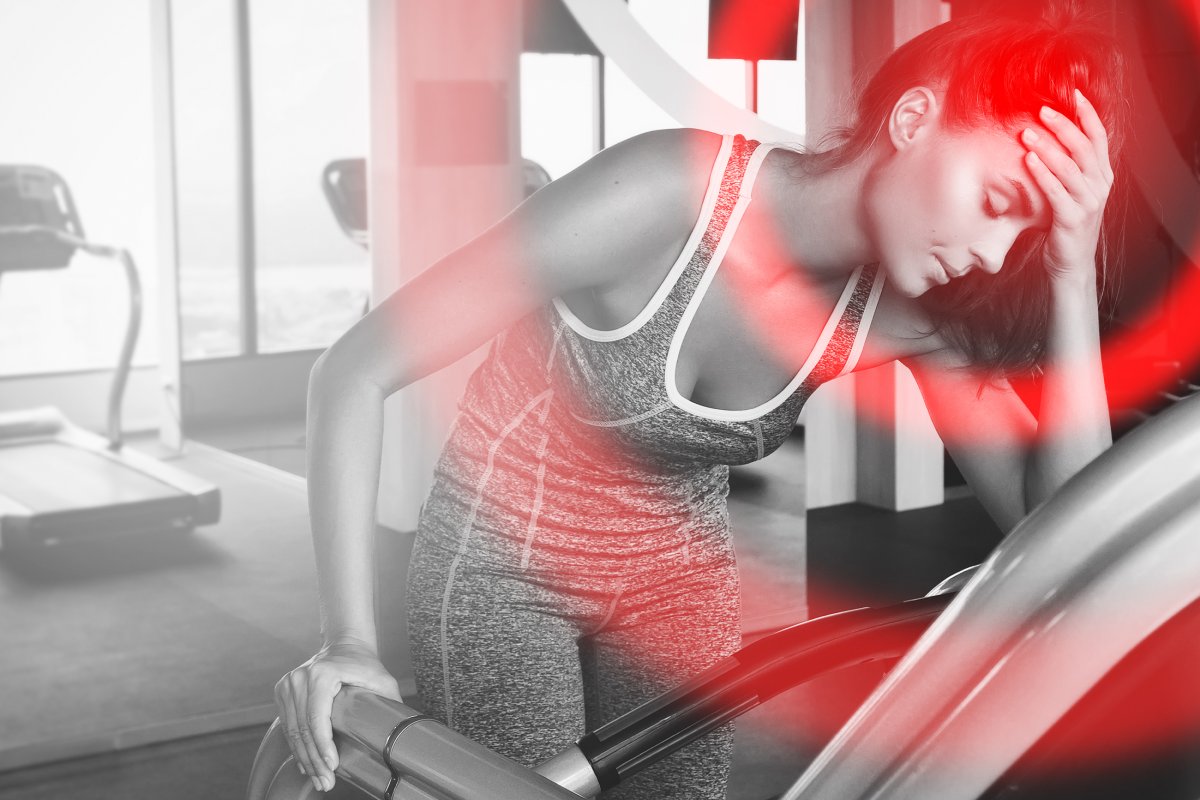Why Shouldn’t You Exercise When Sick?
No one wants to fall ill and most people would like to remain in good shape. Thus, many of them work out even when they aren’t quite healthy. Such situations aren’t rare, and many people wonder if it doesn’t harm them more. Should you workout when sick or not? This comprehensive guest post will answer this popular question.
Why Is It Not Good?
Should I workout when sick? In most cases, it’s a bad idea. While your body and its systems still suffer, you are generally weak. If you have any physical issues, such as traumas or injuries, you will not be able to work out because the pain will overwhelm you.
In case you have a sore throat, mild cold, and similar ailments, odds are possible. Nonetheless, it’s better to stick to the rule of sleeping a lot. Thus, you allow your body to recharge and overcome the ailment. If you work out, you may worsen your state and lead to more severe outcomes. Besides, it’s hard to focus on what you’re doing, and your weakness will not let you achieve the best you can.
The Rule of the “Above Neck”
Is it good to workout when sick? Frankly speaking, there are health conditions when people can work out while they are sick. There is an interesting rule of the “above neck.” It means that if you are not healthy above your neck, you may still work out. For example, you suffer from a stuffy nose, headache, sneezing, or an earache. If your painful sensations aren’t too severe, you may have some light physical workouts.
Various Cases When You Can Work Out
Is it bad to workout when sick? We would like to review different cases when it is possible to work out. Make allowances for the following “compromising” ailments:
- Mild cold. If you have a mild cold, you can do sport. The intensity should be moderate or even low. For example, you are a runner. Do not run several miles in a high tempo. It’s better to try jogging or simply speedy walking. You should also never forget that if you have even a mild cold, you should keep social distance because you can infect other people.
- Earache. This kind of pain can be endured if it’s mild. You will barely withstand acute pain that makes you feel as if a knife cuts through your head. You need to find out why this pain took place and check if its severity increases. Don’t let it develop into an earache you cannot withstand. Perhaps you have a severe infection.
- Headache. One of the common health conditions when people still exercise is a common headache. If its severity is mild, you may be able to work out pretty well. However, it may lower your concentration which may be crucial in the gym or various kinds of sports that require a good focus. You should also understand the nature of the headache you have at the moment. Perhaps it was induced by high blood pressure. It’s a severe ailment when no physical activity is allowed. Always check why a headache appears before you decide to work out or not.
- Stuffy nose. This health condition isn’t that dangerous at all. It’s rather inconvenient or frustrating. You can see a lot of people going in for sport when having a stuffy nose. It doesn’t lower the performance or endurance. Yet, there are occasions when it will become a serious challenge. It may become quite difficult when you need to breathe a lot and deeply. For example, when you run or ride a bicycle. In case intensive breathing isn’t too important, you can go in for sport. It can even help to overcome nasal congestion.
- Mild sore throat. This is another common ailment, which is provoked by the common flu or cold. This is a very unpleasant and annoying symptom that still can be endured while working out. It will barely lower your performance or endanger your health conditions. Just make sure it’s really mild! If you likewise experience fatigue and congestion, you should either lower the intensity or quit working out.
The Bottom Line
Is it ok to workout when sick? We stick to the belief that no one should work out when he or she falls ill. Your health conditions aren’t optimal. The different symptoms you experience may worsen because you load your exhausted body. This may provoke more severe health outcomes and the process of recovery will run longer than it could be.





